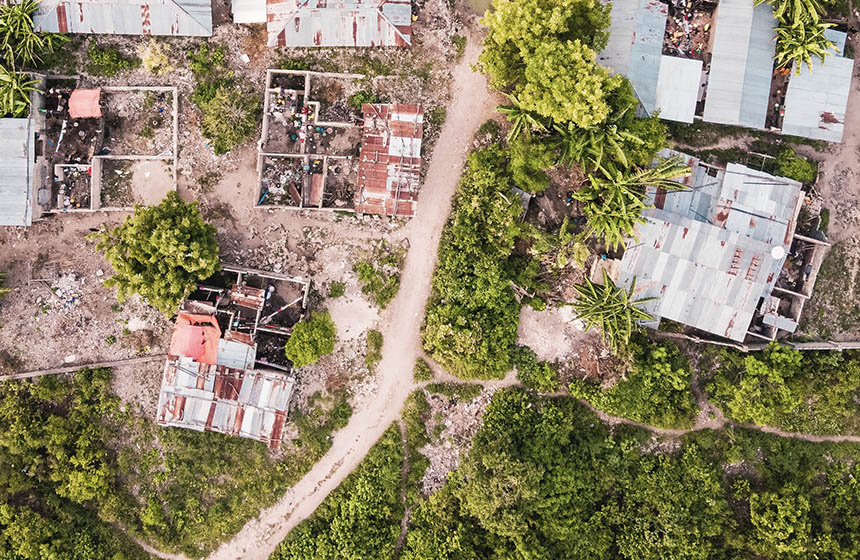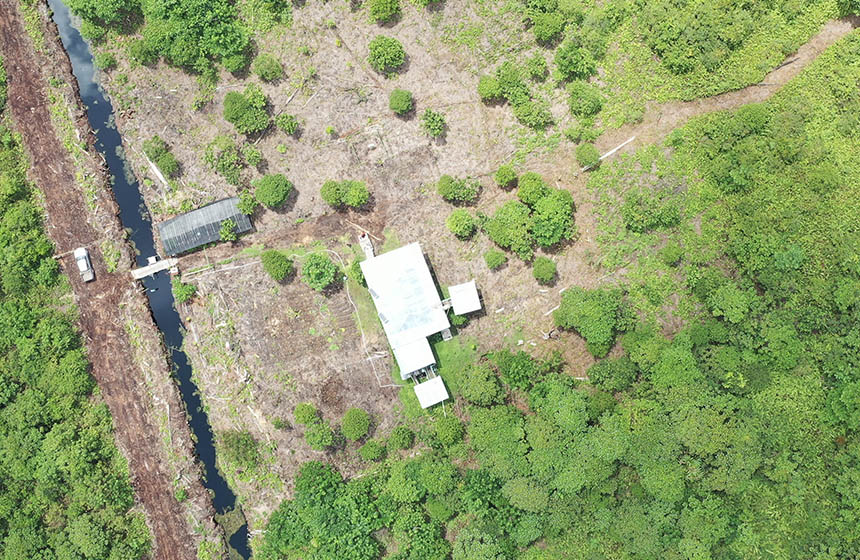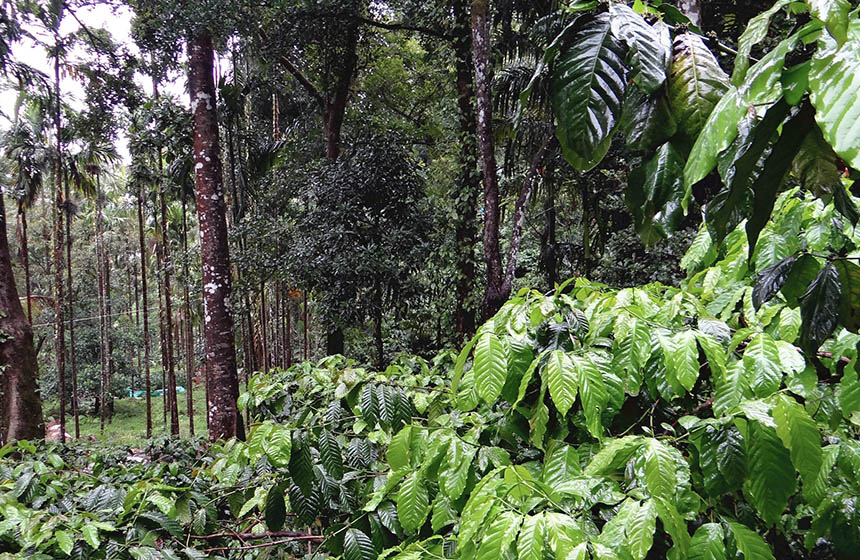Supporting land rights and sustainable management in the Yaeda-Eyasi landscape
The Yaeda-Eyasi landscape is a REDD+ project which focuses on improving land-tenure rights and sustainable management in order to reduce local deforestation and support traditional hunter-gather and pastoralist communities.
Nature-based Intervention:
The project works with the local Hadza community and 12 local Datooga villages in order to protect the forest, upon which they all depend on for their livelihoods. The project does this through strengthening local land tenure tenure rights while simultaneously improving management capacity over local natural resources in order to diversify income strategies. After strengthening land tenure rights the project focused on sustainable land-use plans and strict village bylaws which will continue to reduce to reduce land incursions into protected areas. The initial project included 2 villages and covered 20,000 hectares, but when news of the success spread, 10 more villages joined bringing the total area of land protected to over 110,000 hectares.
Overview of context and outcomes:
This landscape is inhabited by both the Hadza and Datooga peoples. The Hadza are hunter-gatherers which have lived in the Yaeda Valley for 40,000 years. Their lifestyle is directly intertwined with the landscape and they are dependent on the health of the local environment. The Datooga people practice a traditional pastoralist lifestyle, and after noticing the success of the project lead by the Hadza, they collaborated with them to expand the project.
Case effectiveness on
Climate change
The project reports that there are avoided emissions of 177,000 tons of carbon dioxide every year due to the interventions. There are also reported decreases in deforestation in the wider community.
Ecosystem health
Ecological effect: PositiveThe intervention reportedly has lead to improvements in local habitat quality due to the preservation of forests. The employment of game scouts has reportedly lead to a decrease in poaching within the protected area. In the last five years, giraffe (Giraffa tippelskirchi) sightings have reportedly increased by 68%.
Socioeconomic outcomes
The project directly employs 57 people in relation to the conservation of the forest and a wider group of 61,000 people benefit from the strengthened land and resource rights. The villages have also used the funding earned to hire 120 village game scouts in order to monitor and combat poaching and illegal land incursions. Within the jobs created 66% of management roles are held by women. Generated revenues have also been used to fund classrooms, police stations, medical services, waste management, water access, and more.
Governance
The project originated as a collaboration between Carbon Tanzania and the Hadza and Datooga communities. After the carbon credits are sold each community holds public meetings in order to decide how to spend the revenue it has earned.
Finance
This program receives financial support as a REDD+ project that earns carbon credits based on avoided deforestation. The credits are verified through the Plan Vivo Standard and Carbon Tanzania is the credit seller. The project reports that it has received $652,382 in finance already.
Monitoring and evaluation
With community investments in both game scouts and forest conservationists there are project staff constantly monitoring the landscape for changes and risks.
Trade-offs and limitations
No information yet available on tradeoffs.

Intervention type
- Protection
Conducted at landscape scale
Ecosystem type
- Tropical & subtropical forests
Instigators
- Community/self driven
- Local private sector
Societal challenges
- Biodiversity conservation
- Climate change mitigation
- Economic and Social development
- Rights/empowerment/equality
Outcomes
- Food security: Not reported
- Water security: Not reported
- Health: Not reported
- Local economics: Positive
- Livelihoods/goods/basic needs: Positive
- Energy security: Not reported
- Disaster risk reduction: Not reported
- Rights/empowerment/equality: Positive
- Conflict and security: Not reported
- No. developmental outcomes reported: 4
Resources
Read resource 1Read resource 2
Literature info
- Grey literature



